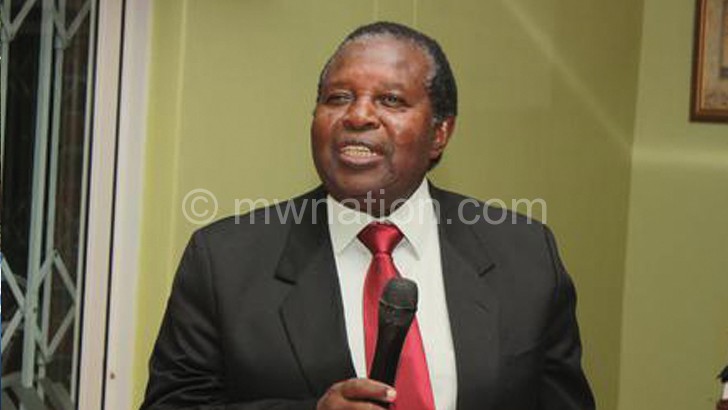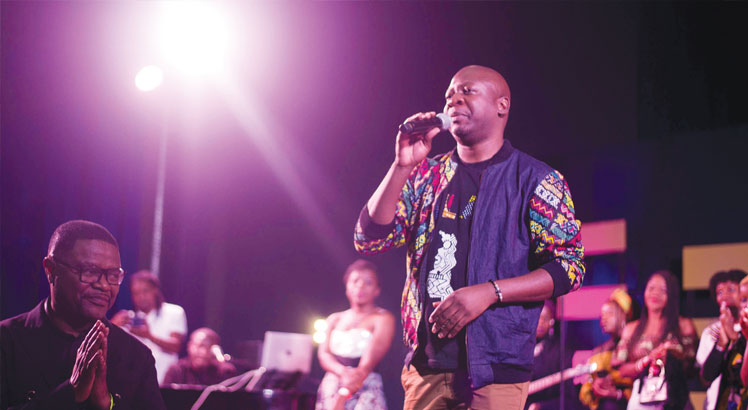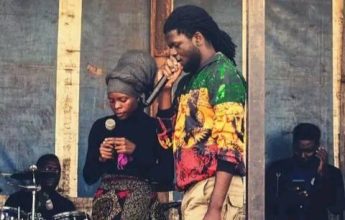The beauty of dawn
After close to 30 years of founding president Hastings Kamuzu Banda’s autocratic single-party rule, the expectation was that democracy was going to be a panacea in a country that had slipped into the darkness of dictatorship.
The last chapter of Tiyambe Zeleza’s Smouldering Charcoal points towards a new political era that was just around the corner; “The future has just begun,” the last chapter reads.

This, according to Syned Mthatiwa, Associate Professor of English at the University of Malawi’s Chancellor College, is a note of optimism.
“The narrator and the characters believe that the dictatorship will not last forever. The Movement would succeed and the dawn of democracy was just over the horizon: with the passion and determination of members of the Movement, the democratic future of the country had just begun,” he says.
And democracy did come to Malawi on June 14 1993. It was the dawn of a new era, which is best captured in a poem titled Democracy by Khwesi Msusa.
“Democracy/I recall your inception in my country/which even after struggles accepted you as/you roared your way in/with loud shouts of words new to our ears/driving down hope into our hearts,” reads the first stanza.
Such was the hope and optimism people felt at the advent of democracy in Malawi. And this wind of change had come to sweep Malawi’s socio-political ills of both colonialism and dictatorship, so people expected.
Macdonald Bamusi’s poem titled Two Big Whirlwinds echo these sentiments. In the poem, the second whirlwind [wind of change] blew to remove [black suit/heart] Banda’s regime.
“There came another big whirlwind/several moments ago/rigorously swept through/cleansed the black hat [Malawi under black oppression]…” reads the second stanza, describing the wind of change that uprooted dictatorship.
In another poem titled The Beauty of Dawn by Felix Mnthali, the persona complains about how difficult it was to usher democracy into Malawi. And now that finally we are in democracy, people ought to enjoy the beauty of dawn, the poem says.
“We wrestled with the devil/we snubbed temptations/oh how we fasted/for forty days and forty nights/while praying for the dawn,” reads the third stanza in description of how people struggled to usher democracy in.
However, just like the fate of independence that failed to bring in the desired change—freedom and prosperity, democracy proved to be another false dawn, to some extent.
Mthatiwa says the exiled writers desired democracy, freedom of expression, an end to tyranny, brutality, detentions without trial, and many other evils of the time.
“We have some sort of democracy, and Malawians are freer to express their dissenting views against the powers that be than was the case before. We took some tentative steps in the right direction in 1994. Some of the exiles, writers or otherwise, were/are able to visit their motherland after many years abroad. But experience has shown that we must continuously refocus and redefine the direction of those steps as those entrusted with power have consistently shown the temptation to take us back to Egypt,” he says.
This is what Mnthali, in his poem titled The Beauty of Dawn, is describing that there are some individuals who are clinging to the old political ideologies while living in democracy.
“How easy it is here/to be no longer at ease/among our own people/clutching their shadows,” reads the first stanza in reference to leaders who practise dictatorial tendencies in a democracy.
In a poem titled Riding a Lion by Hellen C Kachala, democratic leaders are criticised for unnecessarily mounting themselves on a higher plane than the ordinary people they claim to serve.
“When the leader rides an elephant/followers tiptoe from a distance/marvelling how he will dismount,” reads the second stanza.
Sam Mpasu, a novelist and politician, says Malawi’s democracy is not at the level these exiled writers would be proud of as elements of immaturity still exist, especially from some leaders.
“The writers would not be fully satisfied with how some democratic principles are being flouted in the country,” he says.
Democracy has also brought social ills, according to Msusa’s Democracy, stanza 6, which reads: “Suddenly reality has caught up with us/full naked reality like a shadow over our weak bodies/that thieves come at night with guns/while guards guard with batons/that boys smoke herb in public/while the police pretend to be blind.”
Further, Steve Chimombo’s poem, Mlauli’s Musings portrays the youth of the country as having thrown their morals to the dogs.
“The youth will no longer be initiated/by the riverside or in the bush shacks/but from sitting room watching videos/ soon to be banned for explicit pornography/when the watchers know really/what goes on in bedrooms or rest houses,” reads stanza 2.
Just as independence failed to arrest acute poverty, so has democracy, according to Max Iphani’s poem, Drifting Scum, which says democratic leaders are making policies that result in poverty and other social ills.
In their analysis of the poem, Albert Harawa and Iphani, Drifting Scum represents “worthless people” who are too poor to live a decent life because of poor government policies that have ruined the economy.
According stanza 1 of Drifting Scum, poor people walk “arm in arm/tattered shirts and wrinkled faces/striding along the streets/stumbling over potholes/towards cold slums/surrounded by drifting scum [poor people]/and yellow maize.”
It is this situation that Mthatiwa describes as a social struggle the citizenry will need concerted efforts to overcome, even 53 years after independence





